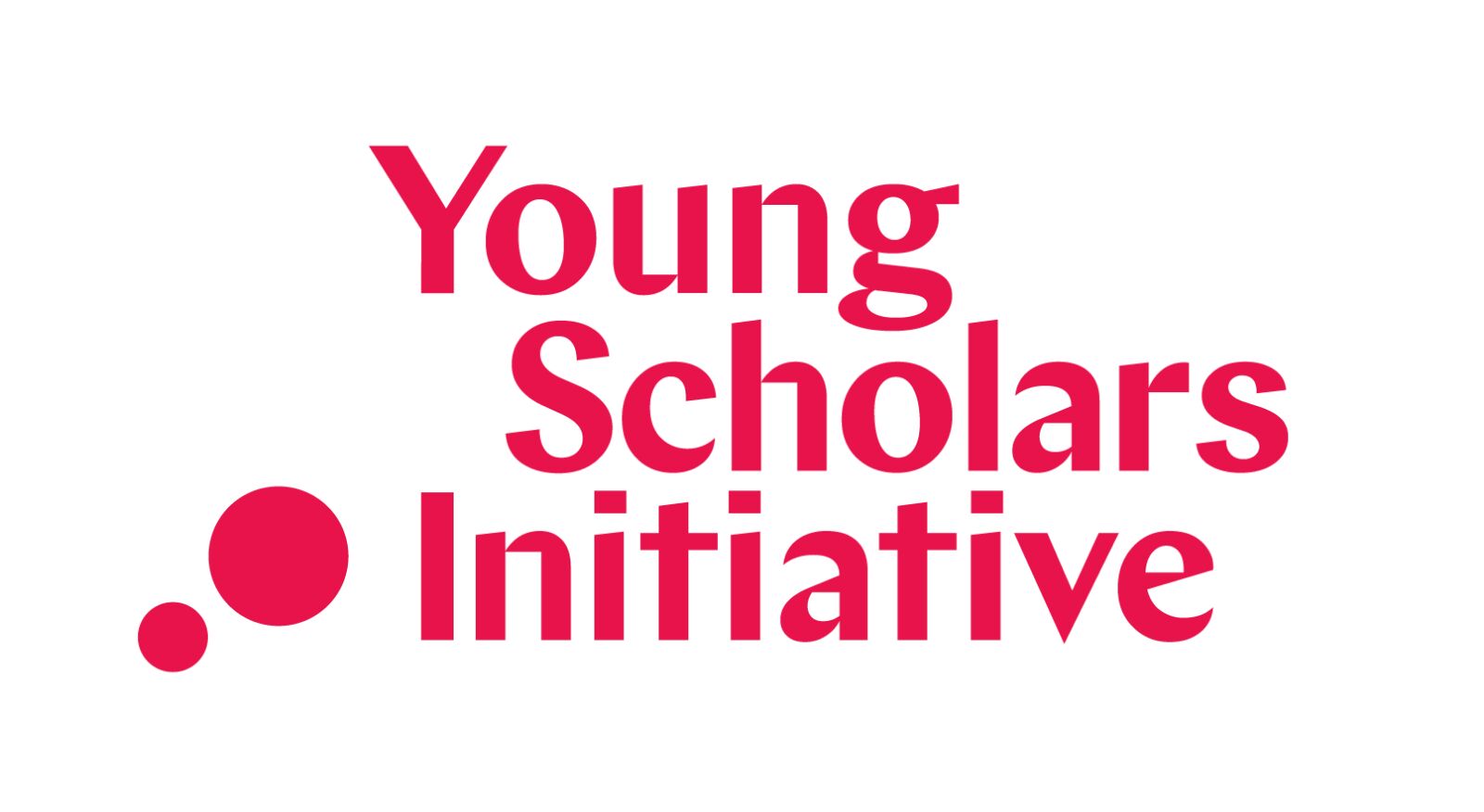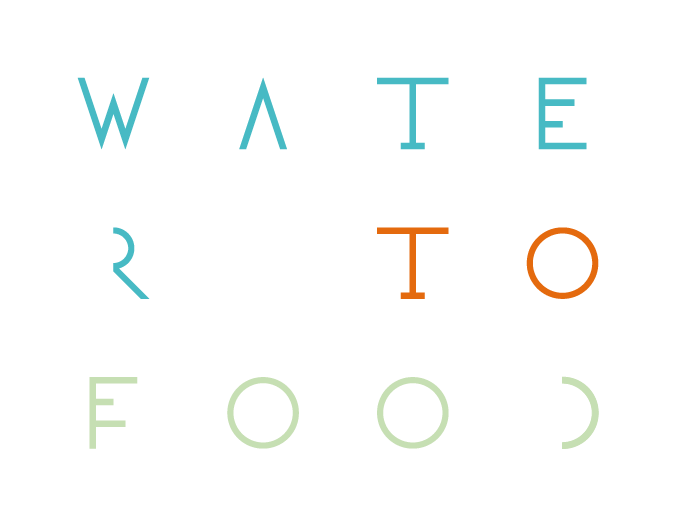CEST is an association of students and young scholars working on a variety of research fields from different universities in Europe.
Our mission is two-fold: on the one hand, we propose to bring young scholars closer to academic research, promoting opportunities of involvement and exploration at graduate and undergraduate level; in addition, we aim to foster dialogue between academic thinking and public debate, stimulating the critical analysis of cultural products of major interest.
We do this through a model based on the close interdependence among various fields of research, without excluding any discipline. Mixing the stature of well-known cultural figures with the passion of young researchers, combining ability and innovation, is the way we create and organise opportunities for study and debate, sharing with the public and readers the experience of a world to be interpreted by the categories of scientific research.
Supported by:
Through the Young Scholars Initiative (YSI), INET provides support to students, young professionals, or others who embrace new and critical ways of thinking about the economy. YSI fosters conversation among those who wish to engage with new economic thinking and connects young scholars to the Institute’s vast network of economists.
Founded in the wake of the financial crisis in 2009, the Institute for New Economic Thinking (INET) is a nonpartisan, nonprofit organization devoted to developing and sharing the ideas that can repair our broken economy and create a more equal, prosperous, and just society.
Despina is the lab on Big Data Analytics at the Department of Economics and Statistics of the University of Turin. Despina conducts exploratory and applied research into collection, integration, management, and analysis of data related to business, economy, and society. Despina merges different expertise able to explore data on the verge of ICT, social sciences and mathematical sciences to provide first-class theoretical and applied research.
EAEPE is an active scholarly association promoting institutional and evolutionary economics broadly conceived. EAEPE’s main purpose is to promote evolutionary, dynamic and realistic approaches to economic theory and policy., bringing together the ideas of a number of theorists and theoretical traditions to help to develop a more realistic and adequate approach to economic theory and policy-making. Since 1988, EAEPE has developed into a pluralistic forum that welcomes a variety of distinctive approaches and methodologies.
This event is co-funded by the project CWASI – Coping with Water Scarcity in a globalized world, which has received funding by the European Union’s Framework Programme H2020 under the GA No.686330 (ERC-2014-CoG).
The Polytechnic University of Turin has received the ‘HR Excellence in Research Award’, the prize recognized by the European Commission to the institutions which make progress in aligning their human resources policies to the 40 principles of the Charter & Code, based on a customized action plan/HR strategy aimed at rendering them more attractive to researchers looking for a new employer or for a host for their research project.




